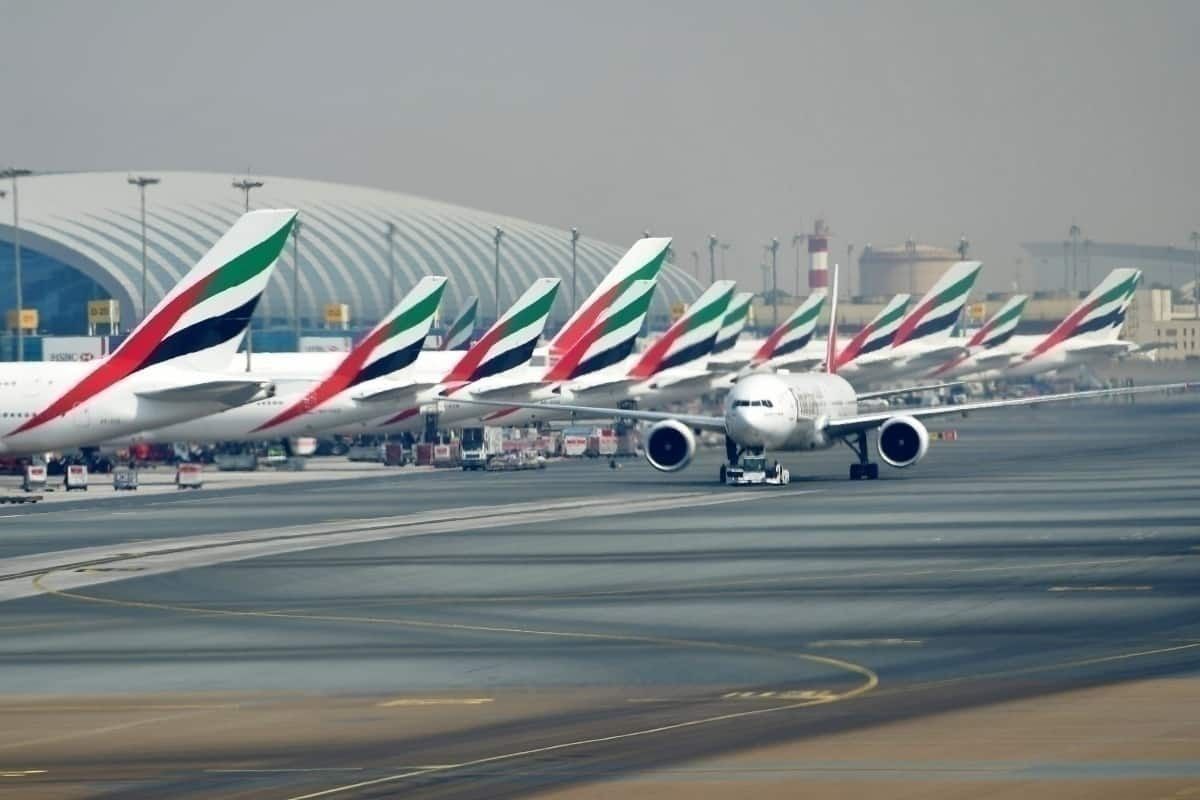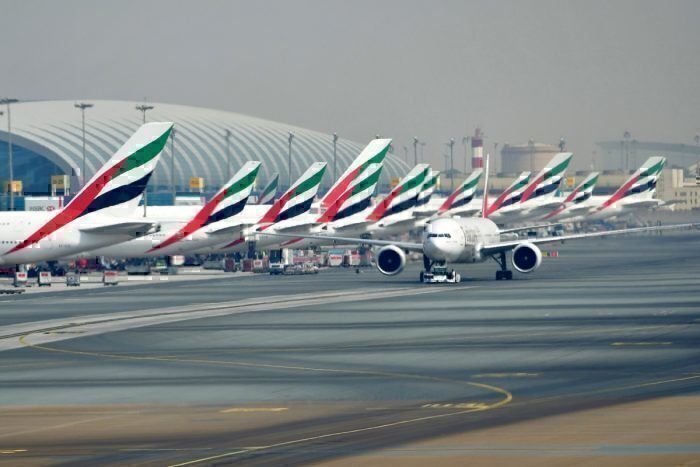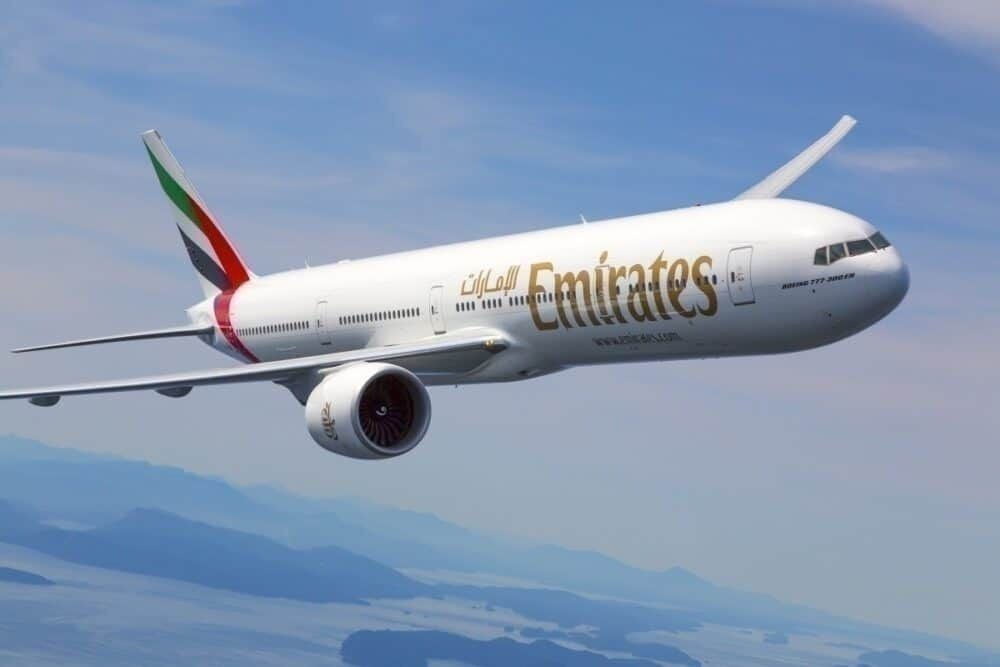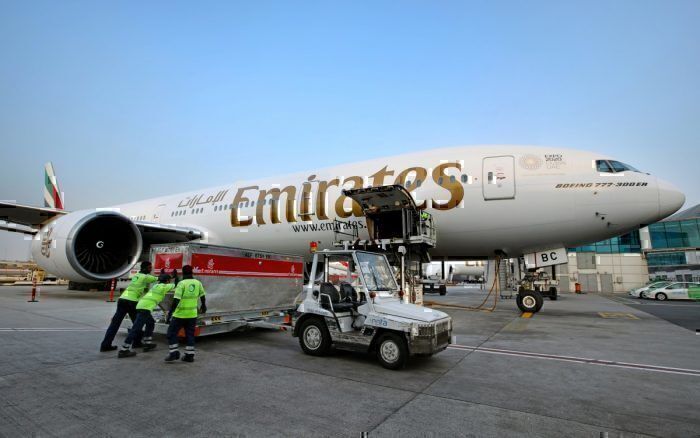In a recent webinar hosted by Aviation Week, Sir Tim Clark, President of Emirates, described his airline's ability to adapt to cargo operations. As passenger numbers took a steep decline at the start of this pandemic, the airline's versatility saved it from an even worse financial situation.
"[Cargo operations] are never going to produce the kind of income you'll get from passenger operations, but they certainly kept the wolf from the door." - Sir Tim Clark, President, Emirates
From a successful year to suspended operations
By all accounts, Emirates was having a fantastic fiscal year up until the pandemic hit. Indeed, the airline had reported a revenue increase of 21% over the previous year’s results as well as a higher load factor.
However, once the United Arab Emirates (UAE) decided to suspend all passenger flights into and out of the country, which included the banning of transit passengers, Emirates found itself in a difficult situation.
The airline then had to make many painful decisions in order to decrease its rate of cash burn. From small things such as cutting free WiFi and live TV all the way to job cuts, the airline had to adapt to its new situation.
Stay informed: Sign up for our daily aviation news digest.
Cargo operations saving the day
While Sir Tim admits that it was challenging to go from a "robust operation" to a hard stop, he points out that the airline's fleet of 777-300ERs were helpful in the switch to more cargo operations - saying of the aircraft, "we were then able to adapt those to cargo operations. So much so, we got cracking with that fairly quickly."
By the first week in April, the airline had roughly 15 of the aircraft flying as 777 freighters. As of the end of May, Clark reports that there were 85 passenger ERs flying cargo.
"Fortunately, we'd opted for the off cargo door to be larger, so we could fit four pallets below decks. We operated to a new set of flight time limitations, so we were able to operate the freighters to places like London and Amsterdam and Hong Kong and bring them straight back again."
The airline took additional steps to make the switch to cargo more efficient. This included having additional crew onboard, taking shifts resting in the cabin. This would allow the aircraft to turn around and head straight back immediately.
The final thing Emirates did to adapt to the pandemic was to cycle the same crew for its operations. This meant that they wouldn't actually return to the community (Dubai). "That worked very well with the Department of Health and everything else," Clark says.
What do you think of Emirate's ability to adapt its operations in the midst of the pandemic? Let us know your thoughts by leaving a comment.




